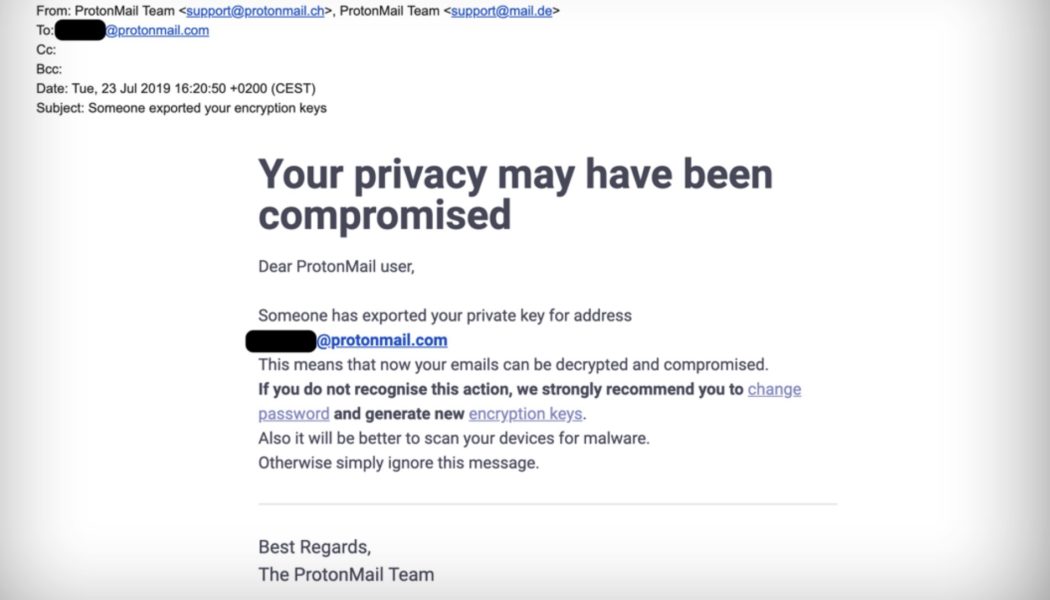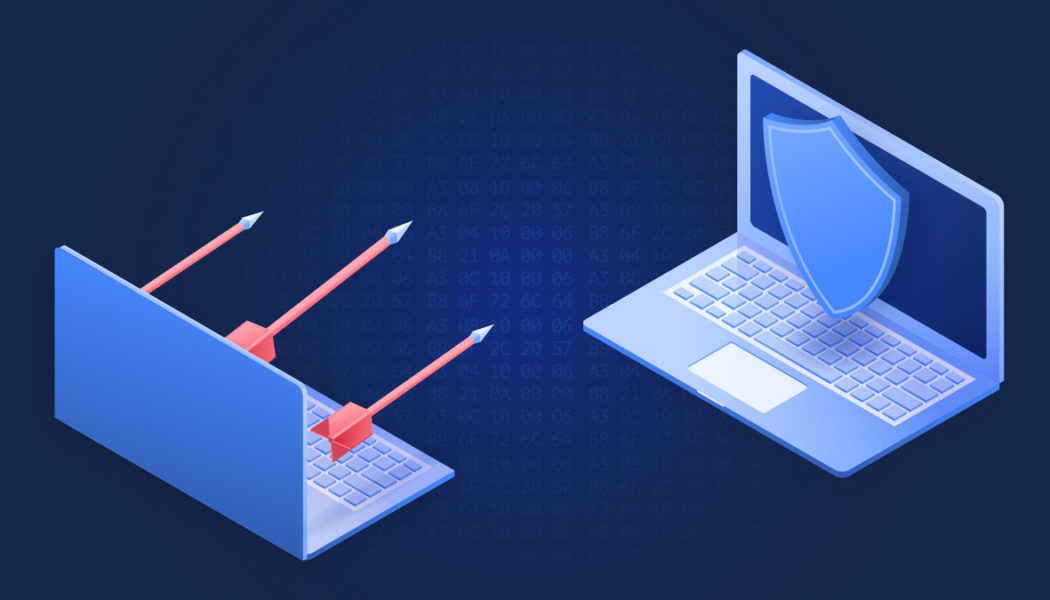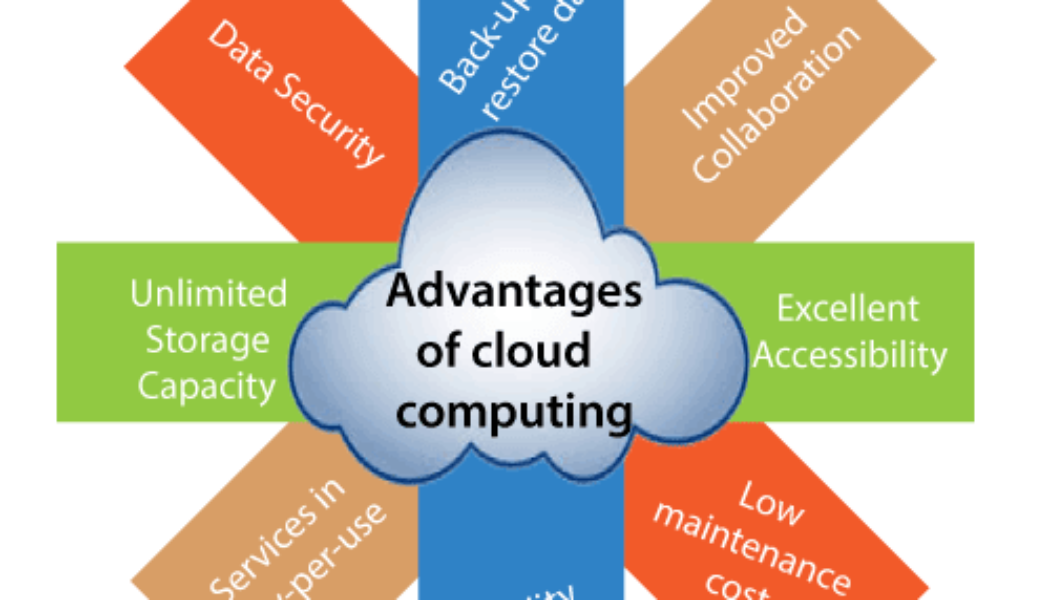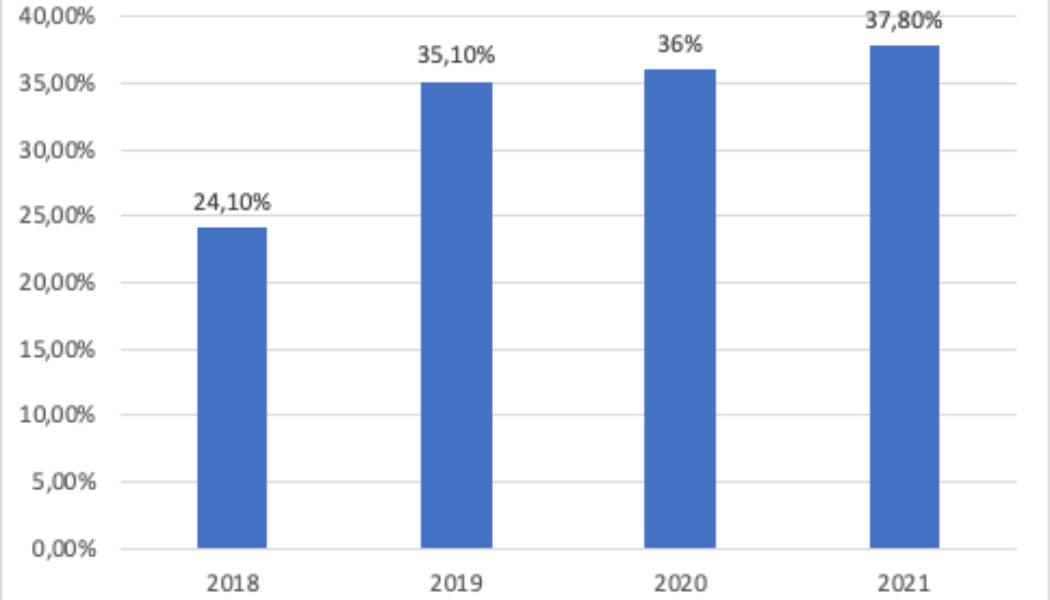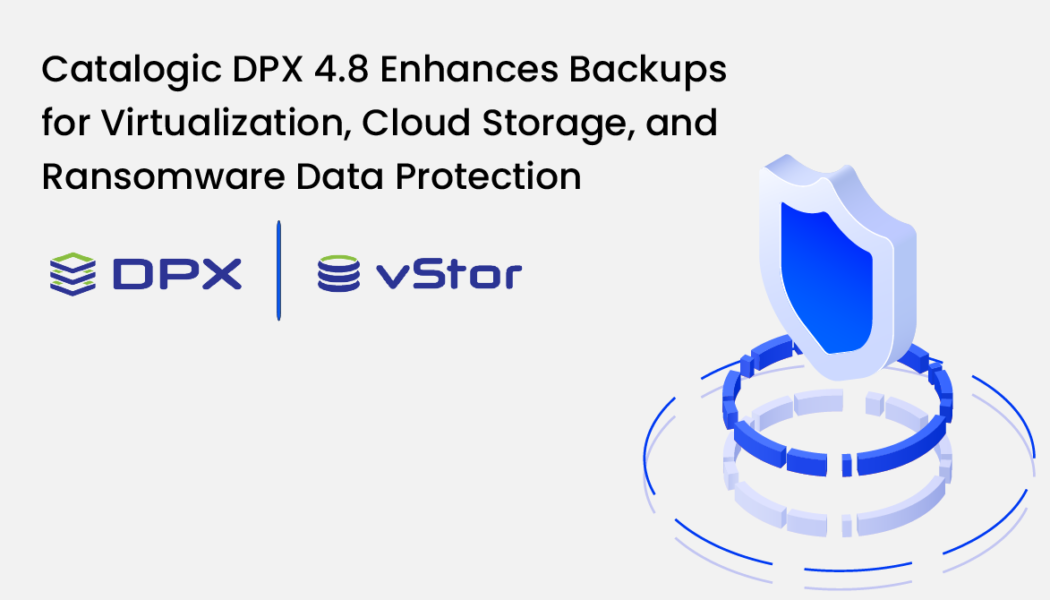Cybercrime News
How AI & Machine Learning Can Provide Defense Against Cybercrime
Nowadays, threat actors are leaning on new tools and techniques to improve the efficiency of their attacks. Only artificial intelligence (AI) and machine learning move quickly enough to defend organisations in this evolving cyber threat landscape. “In the past three months, we’ve been seeing more speed and speed can kill,” says Derek Manky, Chief Security Strategist & VP Global Threat Intelligence at FortiGuard Labs. Threats have been getting into a system, hitting the targets, exfiltrating data, demanding ransom, and getting out of a system, much quicker than normal. This includes attackers capitalizing on new vulnerabilities, zero-days and n-days. They also appear to have become more aggressive, with double extortion, triple extortion and targeted attacks. “Their approaches are more ...
The Great Phishing Fail
Anna Collard, SVP Content Strategy & Evangelist at KnowBe4 Africa. In 2021, phishing attacks increased by 7.3% according to the ESET Threat Report, and the Cisco 2021 Cybersecurity threat trends report revealed that around 86% of organisations had at least one person click a phishing link. This echoes the findings of recent KnowBe4 Security Awareness Research that found people keep clicking – on fake emails from HR, the business and IT. As Anna Collard, SVP Content Strategy & Evangelist at KnowBe4 Africa, points out, the majority of top email categories that people fall for are those that fit in to everyday life – invoices, purchase orders, shared files, and COVID-19 related topics. “As our quarterly report on the top-clicked phishing tests shows, the emails that catch people are t...
How the Russia-Ukraine War Could Affect Cybercrime
Image sourced from Packetlabs. Russia’s war on Ukraine and its increasingly isolated internet environment could drive Russian cybercriminals to think outside the box and launch new forms of cyber attacks. This is according to Nclose’s Co-Founder & Technical Director, Martin Potgieter, who says speculation and concern is mounting around the world, over what Russia’s cyber crime syndicates’ next moves will be. “Currently, the cybercrime focus appears to be predominantly between Russia and Ukraine cybercrime groups and governments. While this is strictly speaking cyber warfare, it could quickly spread elsewhere. “What we are seeing is that a few of these cybercrime groups are either taking sides or imploding amongst themselves due to their Eastern European links with one another,” says Po...
Banking Malware Attacks Are “Becoming Increasingly Corporate” says Kaspersky
Image sourced from Finance Times. In 2021, the financial threats landscape witnessed positive changes where the overall number of users affected by malware reduced significantly, including a 35% drop in PC malware. Still, financial organisations, as cybercriminals’ most lucrative targets, continue to face massive threats. According to Kaspersky’s new Financial cyberthreats in 2021 report, attacks are becoming increasingly corporate rather than consumer-focused. In 2021, every third (37.8%) PC banking malware attack targeted corporate users, representing a growth of almost 14% since 2018. While 2021 saw an expansion in threats to financial organisations on a global scale, there was a continuation of the downward trend of PC and mobile malware previously seen in 2020. In fact, the numbe...
Effective Data Backup Becomes Essential as Kenya is Rocked by Ransomware
In the wake of the COVID-19 pandemic, cybercrime, in particular, ransomware, has seen a massive increase across the globe. As a burgeoning economy in Africa, Kenya has become a growing target, with a new report from internet security group Kaspersky recording 32.8 million attacks in the first half of 2021. According to INTERPOL, increasing digital demand in the country, coupled with “a lack of cybersecurity policies and standards, exposes online services to major risks”. As digital transformation continues to gain traction in Kenya, data becomes increasingly important for business, and it needs to be effectively protected. Effective data backup and recovery are key to overcoming the potential threat of a ransomware attack. Connected, but vulnerable In Kenya, as in much of the world, the pa...








